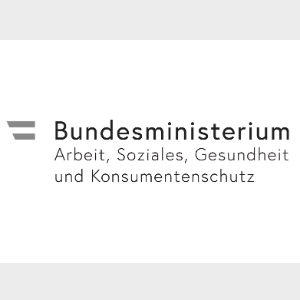Observatory Venice Summer School 2017
What: Placing the person at the centre of the health system: Concepts, strategies, results
The Observatory Venice Summer School 2017 is a one week intensive course that brings together policy makers, planners, managers, professionals and civil society representatives who will be learning, debating and sharing experiences about the conceptual, strategic and practical issues around achieving person-centred health systems.
When: 23 – 29 July 2017
Where: San Servolo, Venice
Objectives:
- To explore how ‘person-centredness’ is understood at the different levels of the system and by different stakeholders and what this means for the development of person-centred strategies
- To review key approaches to achieve person-centred health systems in different contexts
- To examine ways of monitoring the performance of person-centred strategies
- To assess the evidence about the impacts of person-centred strategies at different system levels and understand who benefits and what the possible unintended consequences are
- To discuss future trends, key challenges and policy options towards achieving person-centred health systems
Why person-centred health systems?
There is widespread acceptance that citizens should be at the heart of the health system. A person-centred approach is believed to benefit service users, health professionals and the health system. There is however a continuing debate about the actual meaning of person-centredness in the health care context and how it can be achieved at the different levels of the system. There is no one definition (are person- and patient-centred the same?) and lack of agreement of whether patient centeredness is a dimension of ‘good quality care’, a component of the broader idea of engaging patients and their carers in their health and health care, or indeed a complex strategy to innovate and implement long-lasting change in the way health services are organised and delivered.
Against this background, it is timely to revisit person-centred care, taking a systems approach to better understand the use and usefulness of strategies that seek to give individuals and patients a greater role in the health system.
Approach: The six-day course includes formal teaching but has at its core the experiences of participants in practice. A highly participative approach emphasises group work that cuts across themes, participant presentations, round tables and panel discussions. It mobilises the latest evidence and a multidisciplinary team of experts with a track record in the analysis, implementation and evaluation of person-centred health systems. Course participants will also be able to share perspectives with and gain insights from key international organisations including the World Health Organization, the European Commission and relevant professional, governmental and civil society organisations and to engage in political dialogue with senior policy makers. They will be part of the Summer School tradition, which fosters evidence-based policy-making and encourages European health policy debate by raising key issues, sharing learning and building lasting networks.
Accreditation: the Summer School has applied to the European Accreditation Council for Continuing Medical Education and it is expected that participation will count towards ongoing professional development in all EU Member States.
Applications are welcome from all 53 WHO European Region Member States and the programme will be tailored, as far as is possible, to the backgrounds of participants. If places allow, participants from outside the region will be considered.
Potential participants are requested to apply by submitting their CV with the brief application form available on the Summer School website. The deadline for applications is 9 June 2017.
The cost of € 2,200 covers teaching materials, accommodation, meals and the social programme.





















